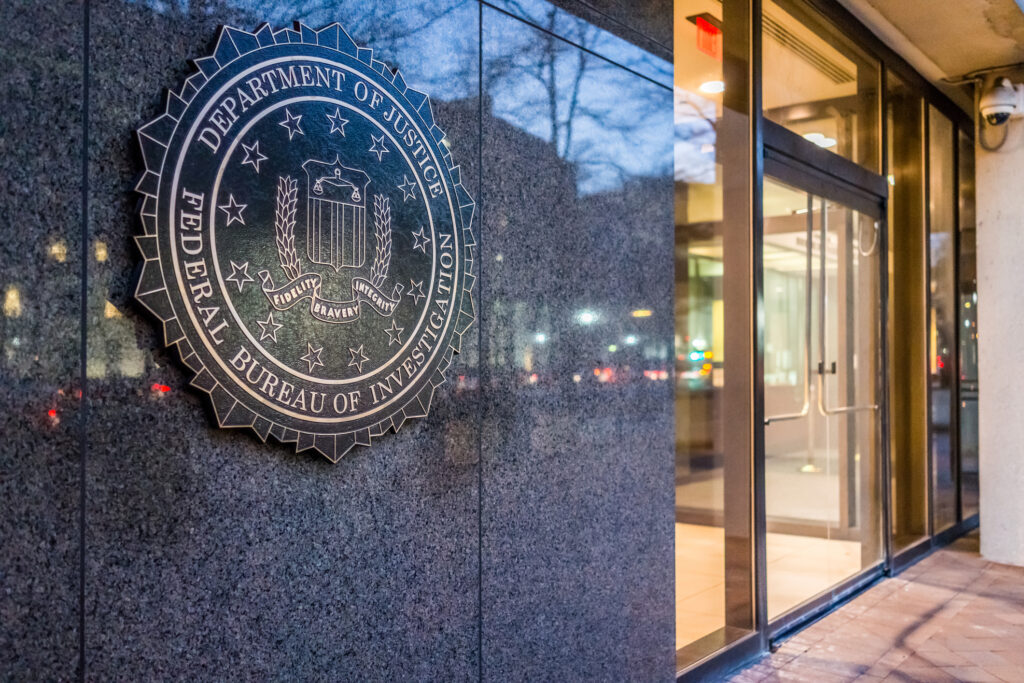Your Product Is Defective–Please Send More
A judge in Okaloosa County, Florida, recently ruled Ford Motor Co. could refuse to sell Crown Victoria police cars to the county sheriff because the sheriff is suing Ford for allegedly poor fuel tank design in the vehicles. Ford had sold the Crown Victorias to the county until July 2003, when the suit was filed. Afterwards, Ford refused to make further sales to the county of that model. The sheriff asked the judge to force Ford to sell him more Crown Victorias, which the judge declined to do. The judge did, however, certify the sheriff’s case as a class-action lawsuit, thus enabling hundreds of law enforcement agencies in the state to join the suit. Ford said it will refuse to sell Crown Victorias to those plaintiffs, too. From Associated Press
Juror Guilty of DWI–Deliberating While Intoxicated
A trial court judge in New York City ruled a jury verdict of “guilty” should stand even though one of the jurors admitted imbibing nearly 8 ounces of vodka during jury deliberations. The case involved a retired firefighter convicted of nine counts of petty larceny for photographs and items he took while volunteering at the World Trade Center site in the aftermath of September 11, 2001. After the verdict, the juror approached the defendant and his family to apologize for the guilty verdict, saying it must have been difficult to work in the 9/11 cleanup. Someone smelled alcohol on his breath. At a hearing requested by the defendant, the juror admitted filling a 16-ounce water bottle with half vodka and half water and also admitted drinking almost all of it while he and the other jurors deliberated.
In allowing the jury verdict to stand the judge relied on a 1987 U.S. Supreme Court case upholding a criminal conviction handed out by jurors who drank copious amounts of alcohol during lunch and other recesses, and who brought marijuana, cocaine, and drug paraphernalia into the courthouse. The Supreme Court held in that case that evidence about jurors’ state of mind was admissible only if it showed the jurors were subject to an “outside influence,” and that drug and alcohol abuse was not such an influence. From the New York Times
Flu Vaccine Shortage Called a Symptom of Medical Liability Crisis
The medical liability crisis is partly to blame for the current shortage of flu vaccine in the United States, according to the American Tort Reform Association. At one time, there were 12 or more vaccine manufacturers in the United States, the association said. Now there are only two, the rest having ceased manufacturing due to potentially massive liability for injuries allegedly caused by vaccines.
This year’s shortage developed when the United Kingdom suspended the vaccine manufacturing license of a Liverpool firm that had supplied about half of the American market. “We’ve been cautioning policymakers and the American public for more than ten years not to be too dependent on foreign vaccine manufacturers, and now we have a real crisis,” said ATRA General Counsel Victor Schwartz. From American Tort Reform Association news release
Small Businesses Pay Big Tort Costs
Small businesses, which generate approximately 75 percent of all new jobs in the U.S. economy, bear more than two-thirds of the annual tort system costs paid by all U.S. businesses, according to a new study for the United States Chamber of Commerce Institute for Legal Reform. Small businesses, defined in the study as those generating annual revenues of $10 million or less, paid $88 billion of the total $129 billion in tort costs. Very small businesses, those generating annual revenues of $1 million or less, paid $33 billion. The average annual cost to a small business generating $10 million in annual revenues was $150,000. There are 4.5 million small businesses and 3.8 million very small businesses in the U.S. From United States Chamber of Commerce Institute for Legal Reform
Mom Jailed for Smoking
A Virginia woman was sentenced to 10 days in jail and led from the courtroom in handcuffs after violating a state divorce court judge’s order not to smoke in front of her children. Her ex-husband sought the order in a bitter custody dispute on the grounds that it was necessary to safeguard the health of the children, ages eight and ten, during weekend visits with their mother. The children live with the father. The woman will appeal the judge’s order and was allowed to post bail after several hours. Although the newspaper report on this story points to the U.S. Surgeon General’s assertion that secondhand tobacco smoke increases the risk of lung cancer, many studies conclude there is little or no risk from casual exposure. From the Washington Post and other sources
But Aren’t We All Victims of the IRS?
The award of $10,000 in damages for the emotional distress a couple suffered at the hands of the U.S. Internal Revenue Service was upheld by a U.S. appellate bankruptcy court for the First Circuit. The court found the IRS in civil contempt for sending letters to the couple trying to collect on tax liabilities that had been discharged in their 1992 bankruptcy case. Bankruptcy court debt discharge orders operate as injunctions against any further debt collection efforts. The couple testified the IRS letters caused them to suffer an upset stomach, nervousness, anxiety, and an inability to sleep. Bankruptcy courts in Georgia, Ohio, and Vermont also have made such awards. The Seventh Circuit Court of Appeals in Chicago, however, has declined to award such damages, stating, “the law has always been wary of claims of emotional distress, because they are easy to manufacture.” From Torres v. United States, 309 B.R. 643 (1st Cir. 2004)
Asbestos Judge Tosses Out-of-State Cases
The new Madison County, Illinois, chief asbestos judge dismissed three asbestos cases brought by out-of-state plaintiffs, calling them a “cash cow” for the county. Madison County was designated last year by the American Tort Reform Association as the worst of the 13 “Judicial Hellholes” in the country because of its large awards in plaintiffs’ cases. The three cases recently dismissed were brought by residents of Florida, Louisiana, and Massachusetts. Because filing fees of up to $10,000 may be paid in a single asbestos case, Judge Daniel J. Stack stated, “Taxpayers of Madison County are actually being enriched by this docket. It is a proverbial ‘cash cow.’ The problem with this is, however, that it is not the function of the courts to make money. This is not a business.” From the St. Louis Post-Dispatch
Lawsuit Abuse Fortnightly
Published by The Heartland Institute (312/377-4000), a nonprofit 501(c)3 organization founded in 1984. The full text of this newsletter is also available in Adobe Acrobat’s PDF format; click here
Phone 312/377-4000, fax 312/377-5000
Back issues are available online at http://www.heartland.org
Publisher: Joseph L. Bast
Editors: Maureen Martin, Diane Carol Bast
Information on lawsuit abuse can be found on these Web sites:
http://www.litigationfairness.org
http://www.atra.org
http://www.alec.org
http://www.halt.org
http://www.overlawyered.com
http://www.fed-soc.org
http://www.manhattan-institute.org
http://www.wlf.org
http://www.sickoflawsuits.org
The Heartland Institute
19 South La Salle Street #903
Chicago, Illinois 60603




